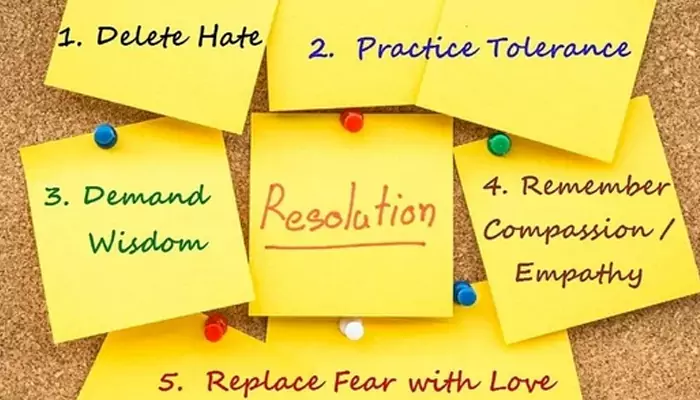Want to grow in your career? 4 soft skills that will help you get a promotion!

A blend of technical and soft skills is required to excel in today's competitive workplace!
The road to success is paved with the acquisition of skills and competencies. This holds especially true in the context of one's career. Climbing up the corporate ladder, grabbing promotions, and attaining career milestones is often as much about one's soft skills as it is about technical expertise. After all, one needs to effectively communicate with co-workers, stakeholders, and customers, manage teams, resolve conflicts, and lead initiatives to excel in the workplace. Hence, investing time and effort in enhancing one's soft skills can significantly bolster one's chances of success. In this article, we will outline a few soft skills that can aid in getting a promotion and taking your career to new heights.
Communication
The majority of professional contexts require successful people to have excellent interpersonal skills. Excellent information transmission, cooperation, and problem solving are all facilitated by excellent communication. Along with verbal communication, abilities to interact also involve subtle signals, composition, paying attention, and compassion. People are more likely to be respected equally by both their superiors and their peers if they can communicate their thoughts effectively and boldly, listen well, and adjust their manner of speaking to the audience.
Leadership
Making the move from an intermediate worker to an executive position frequently requires strong leadership abilities. A wide range of qualities and behaviours are involved in leadership, including vision, delegation, mentorship, making choices, solving issues, and inspiring others. In addition to guiding their colleagues towards a single objective, leaders also encourage and assist them in attaining it. Appreciation and acknowledgment from subordinates and team members are frequently given to leaders who promote a great workplace culture, acknowledge and honour performance, and offer constructive criticism.
Time management
For managing various projects, prioritising duties, sticking to schedules, and successfully managing difficult situations, managing time and organisational abilities are essential. Employees with effective planning, prioritisation, and delegation skills typically finish more work and add greater value to their company than those without these abilities. Setting objectives, planning projects, keeping track of advancement, assigning work, controlling assets, and sustaining a balance between work and personal life are all examples of time management and organisation abilities.












